Stephen Colbert’s eponymous Colbert Report comes to an end Dec. 18, but the comedian who pays a faux conservative pundit isn’t leaving the airwaves. He’s dropping character and headed to CBS, where he’ll replace legendary late-night host David Letterman on the Late Show.
Here’s how other late-night hosts have passed the torch over the years.
1957, The Original Departure: Steve Allen leaves Tonight!
Steve Allen was already famous as a writer and media personality when, in June of 1953, he launched a late-night variety show for local Manhattan television. The audience was relatively small, but passionate enough that NBC decided to give him a shot in 1954 to take the show national. They called it Tonight! The rest is talk-show history.
Allen was so successful that NBC gave him a Sunday-night program, too. In order to be able to handle the work, he split hosting duties with comic Ernie Kovacs—one of late-night’s forgotten stars—but eventually that wasn’t enough help. In early 1957, Allen left to focus on his other work and NBC experimented with the time slot. Months later, when the other ideas flopped and the network went back to the old format, Allen’s replacement Jack Paar pretty much had to start from scratch. Expectations were low, but he quickly proved himself: within two years the show’s name had been changed from Tonight Starring Jack Paar to The Jack Paar Tonight Show.
See 13 Stephen Colbert Cameos You Might Have Missed
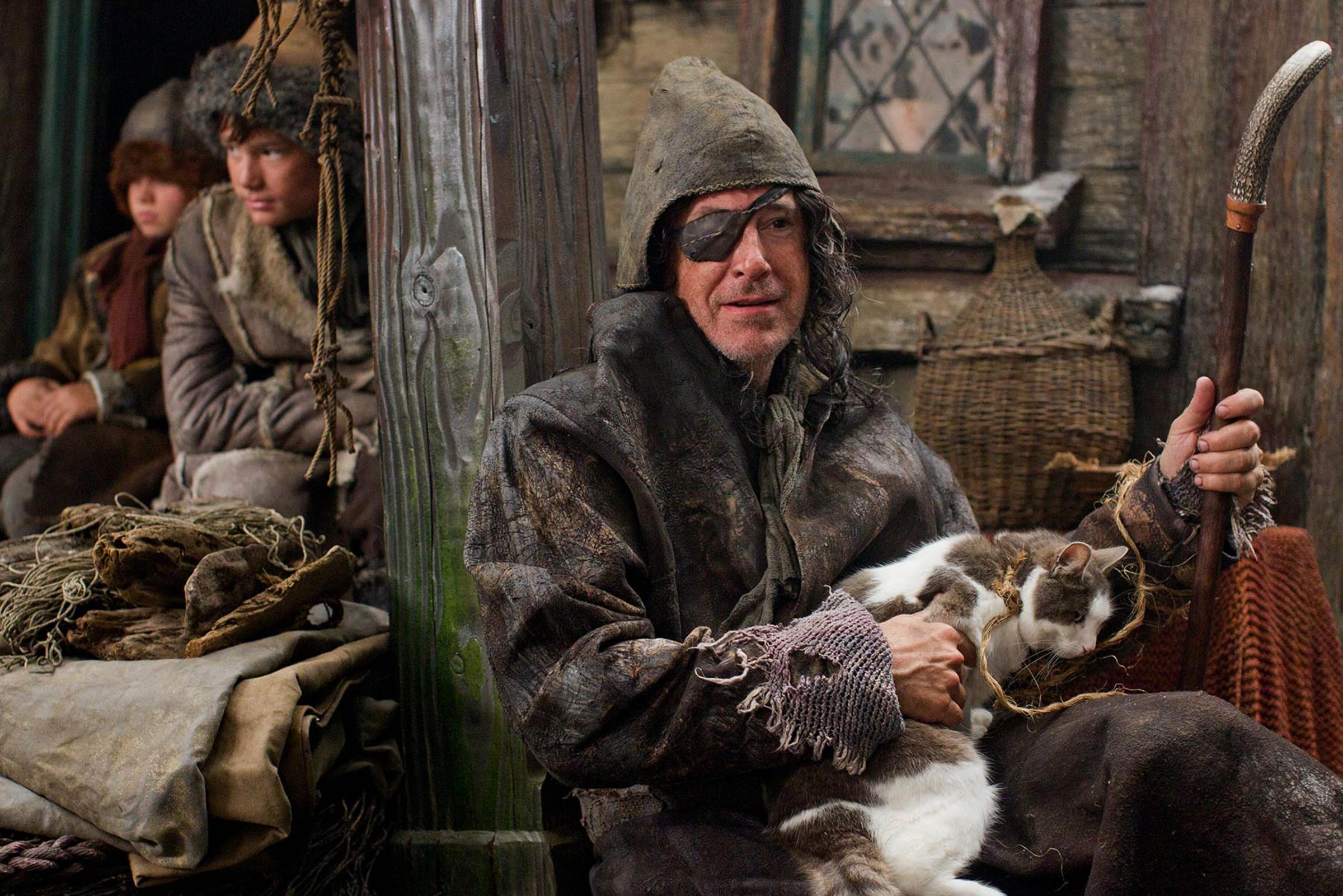
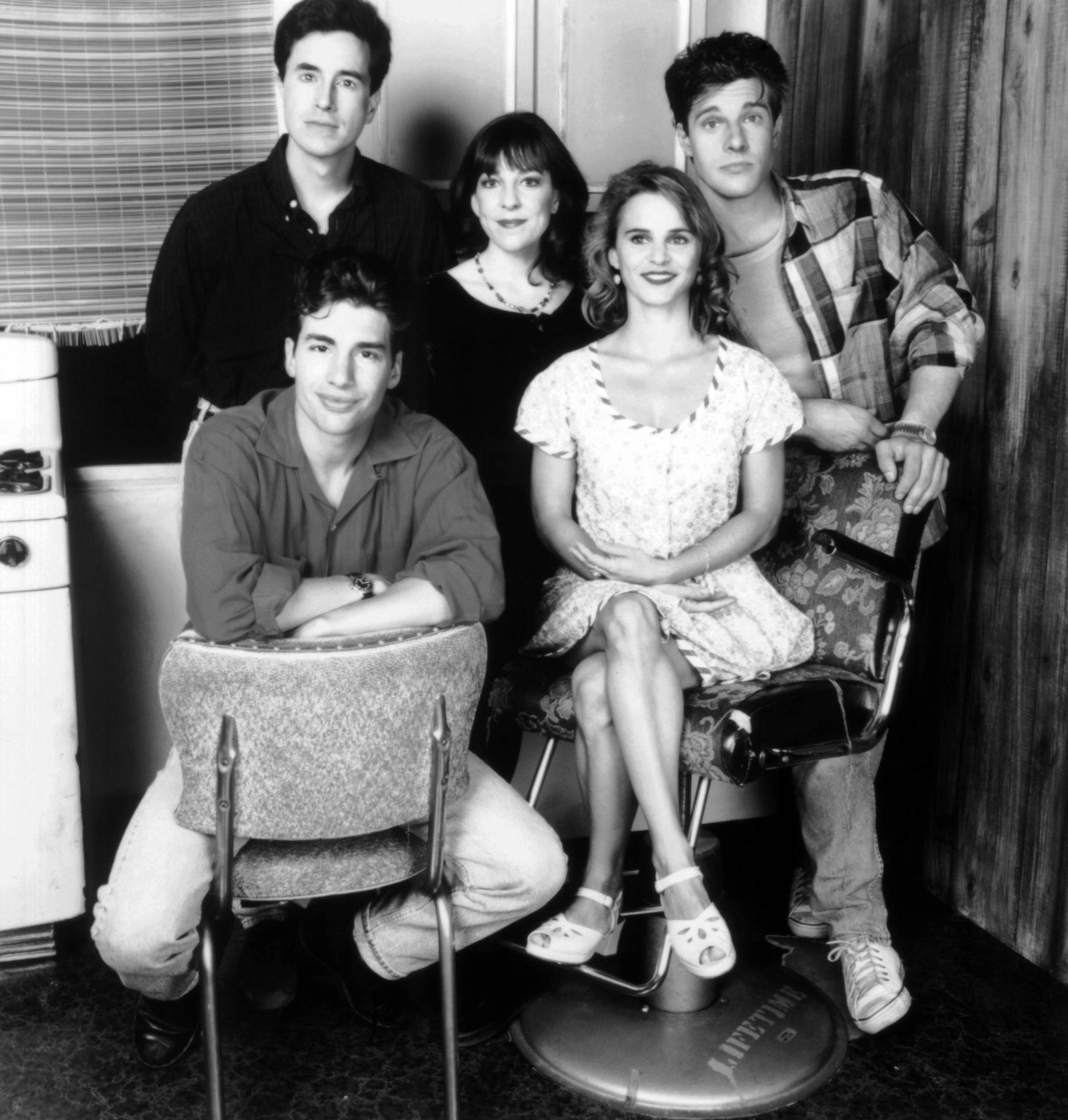
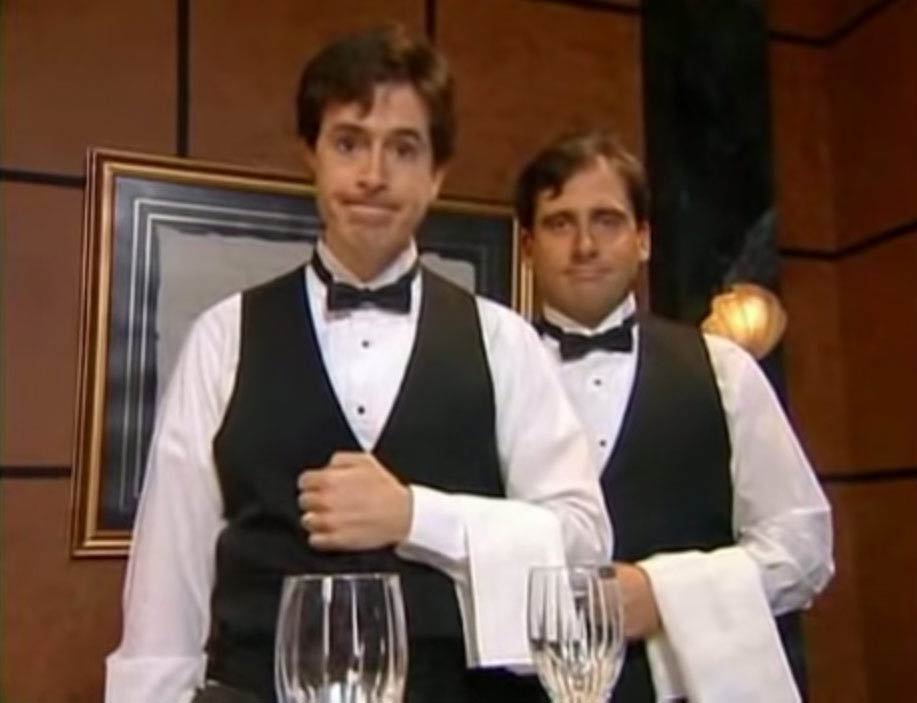
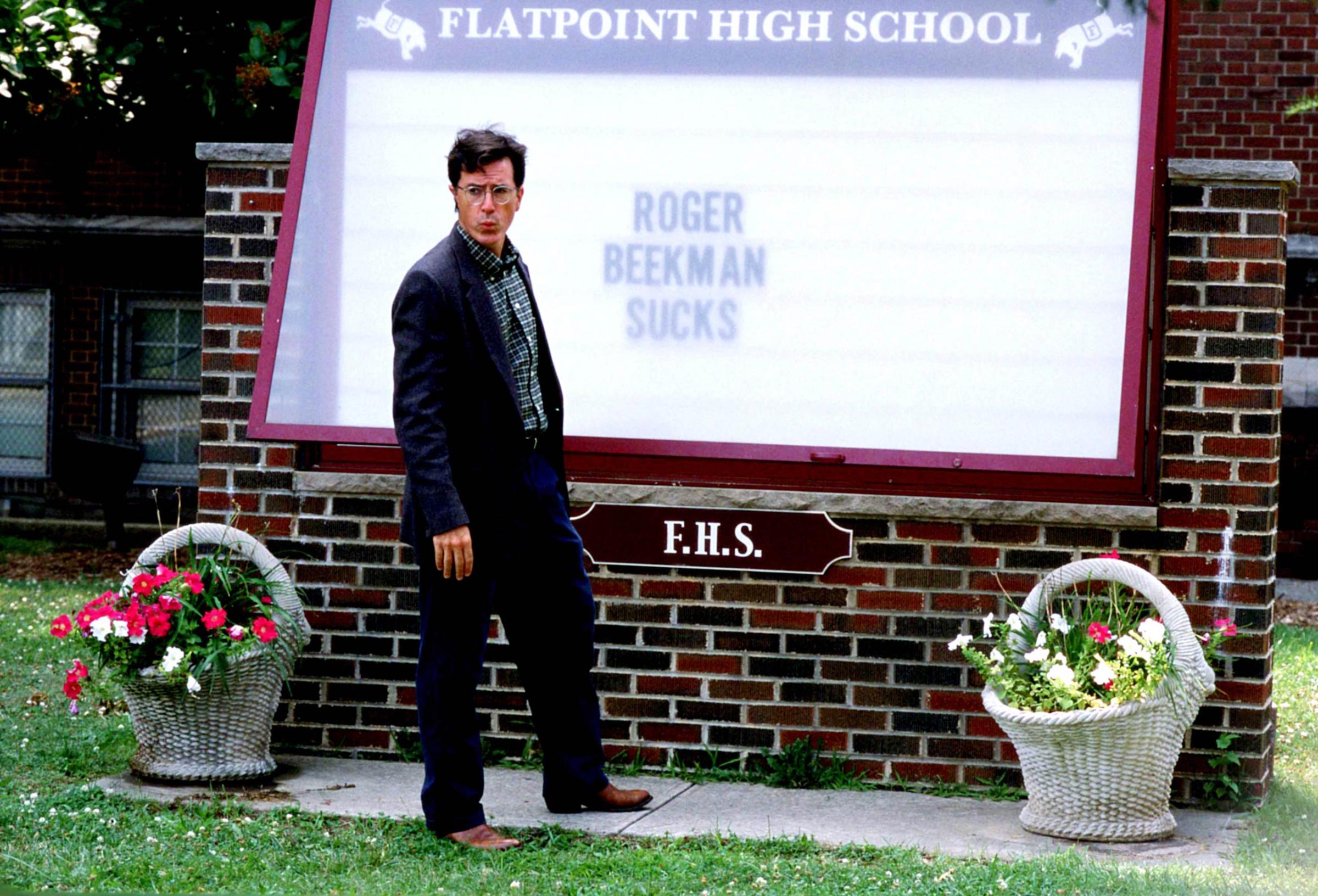
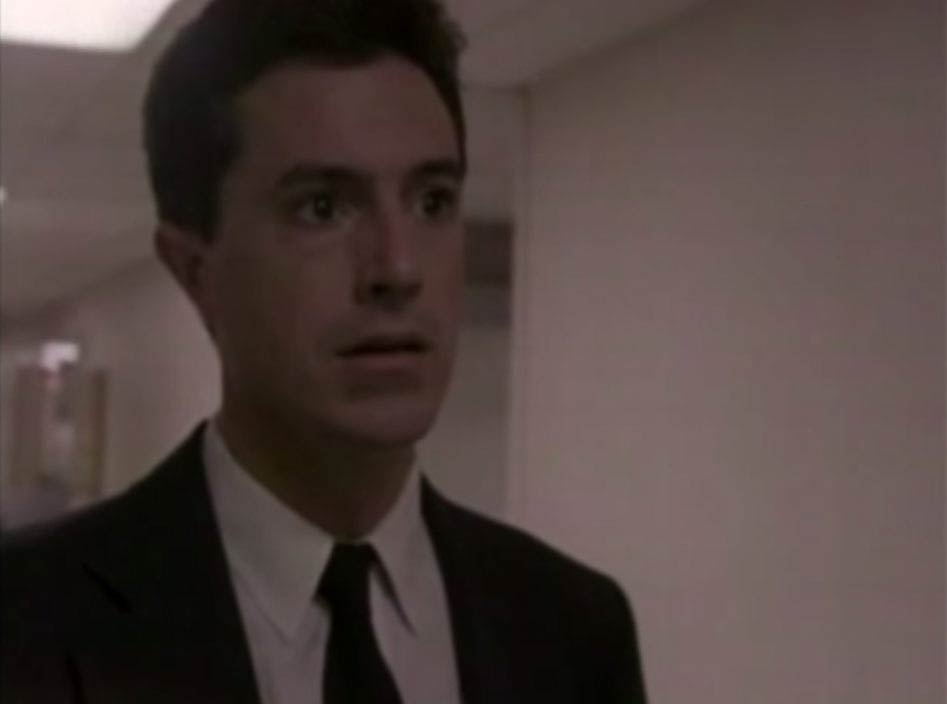
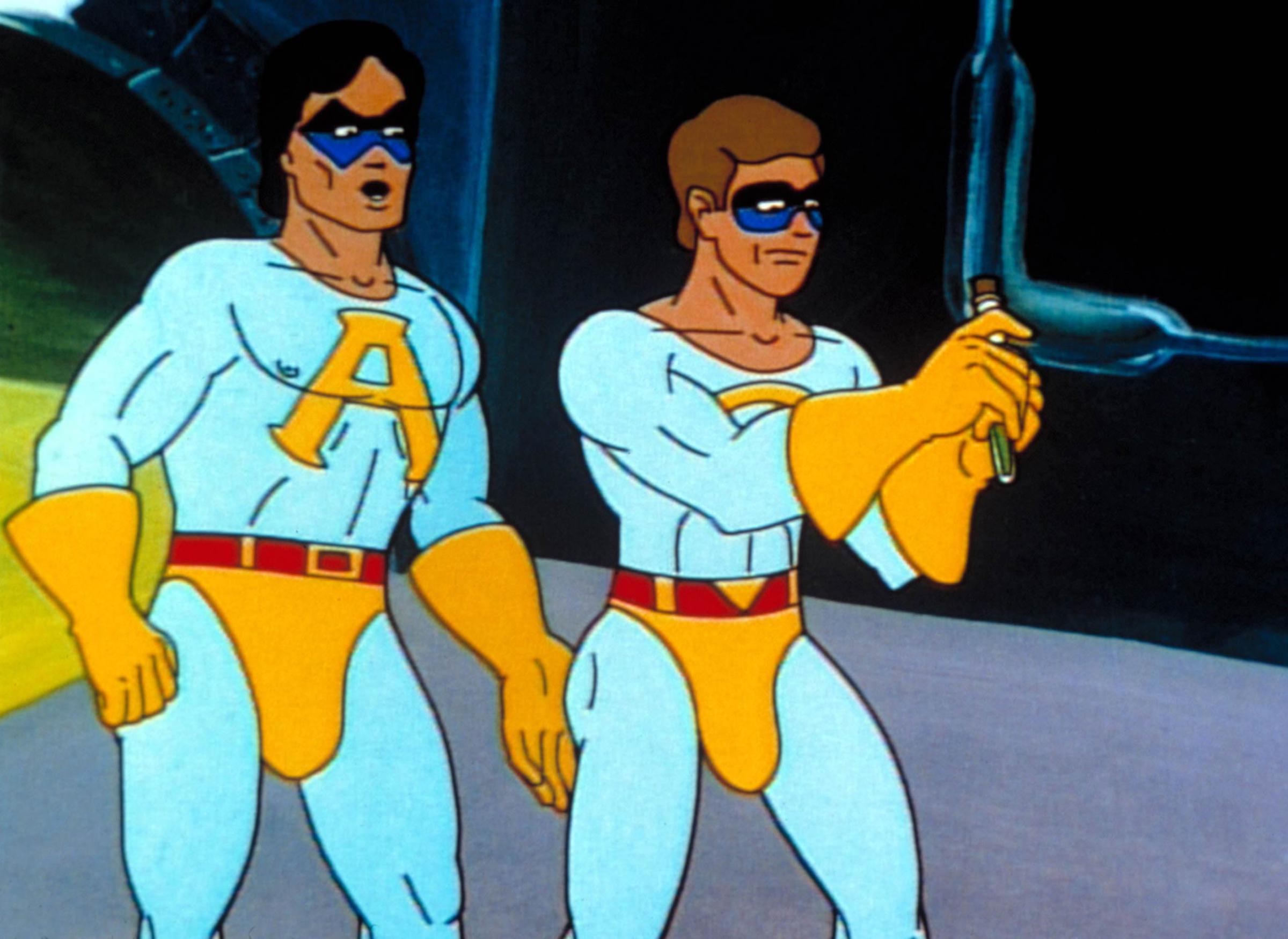
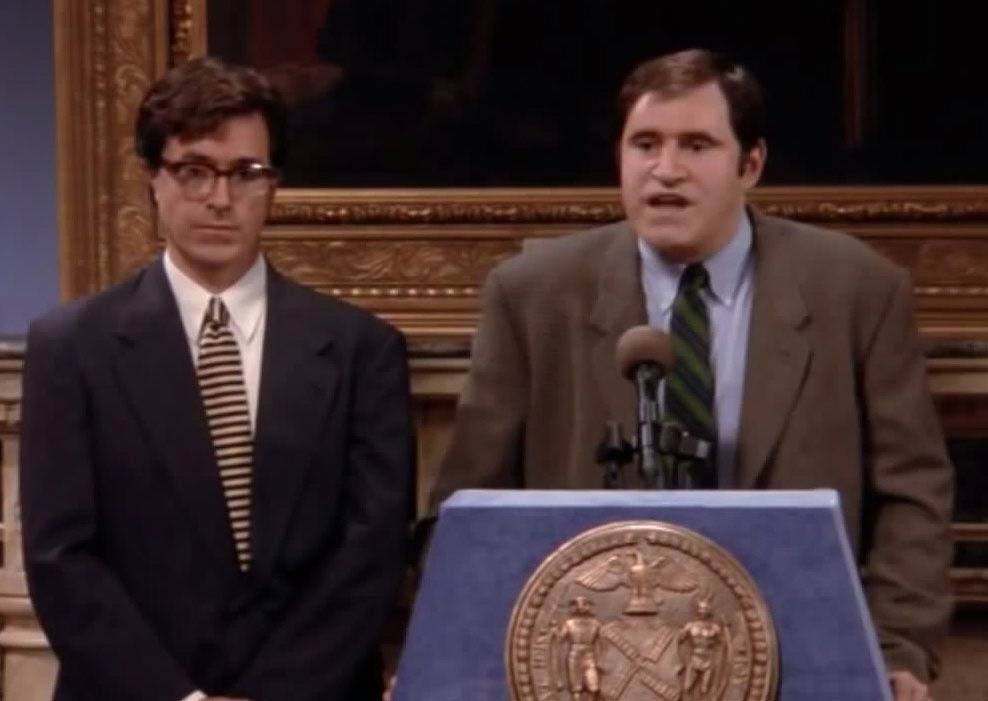
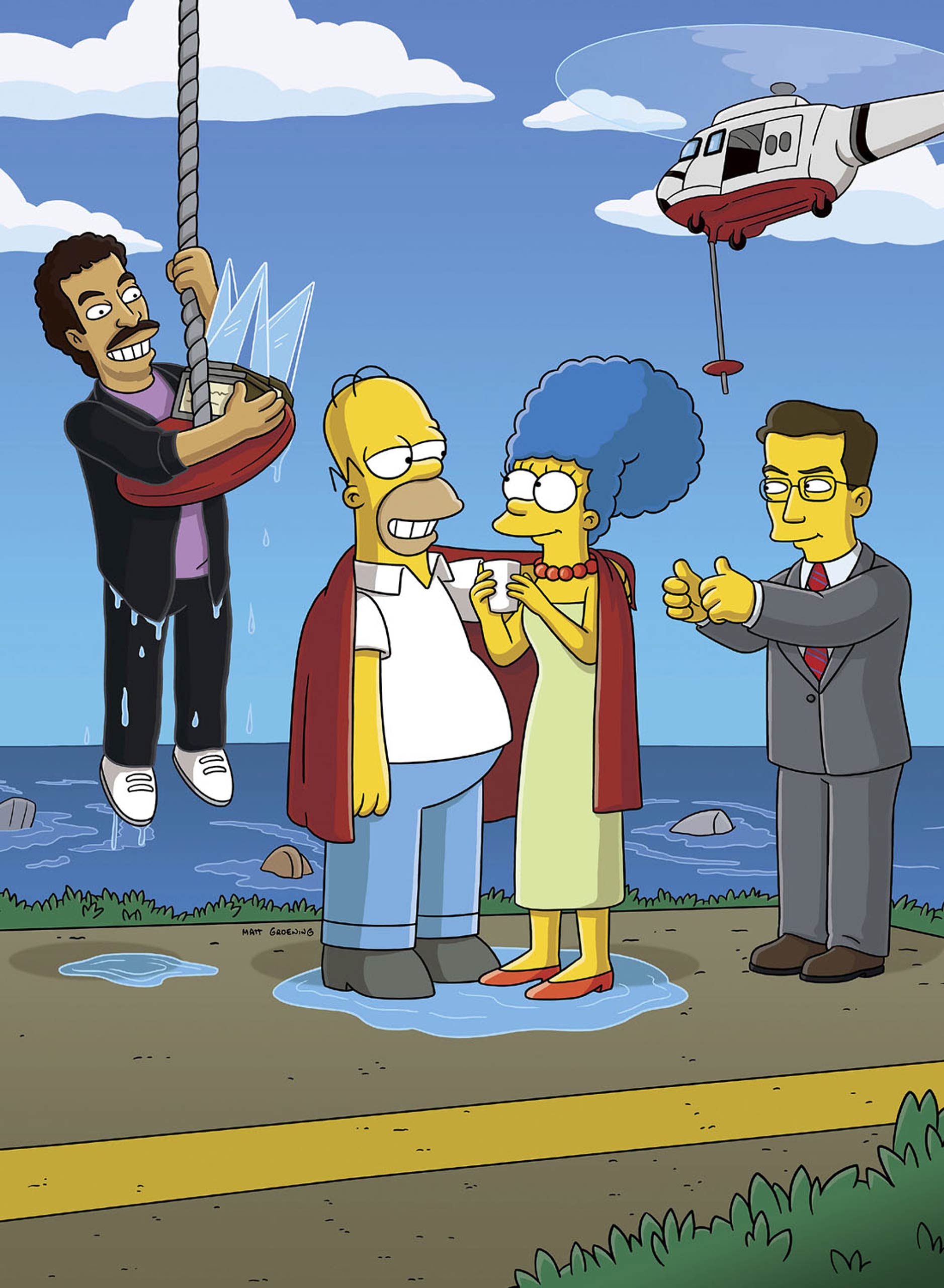
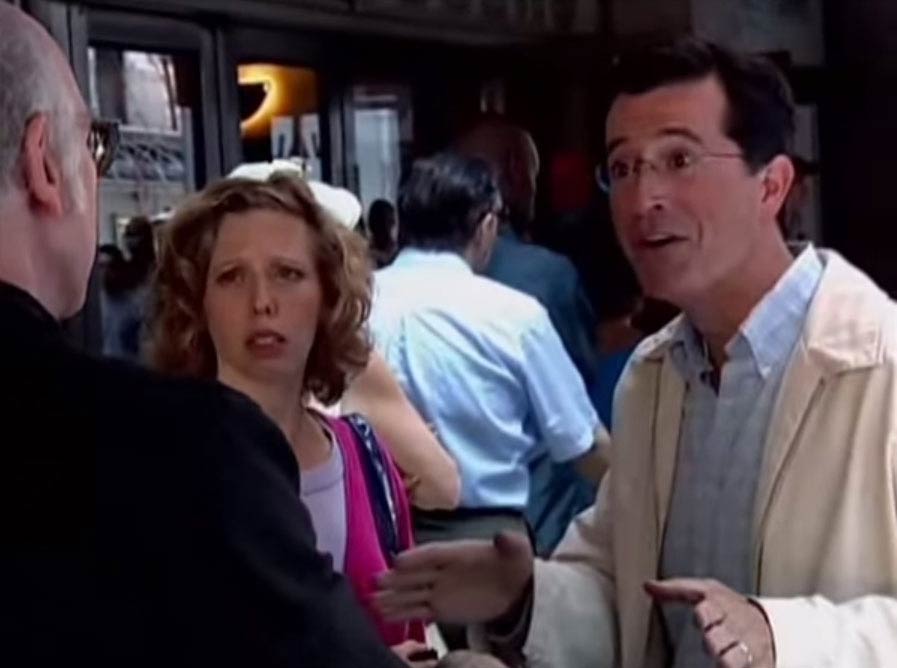
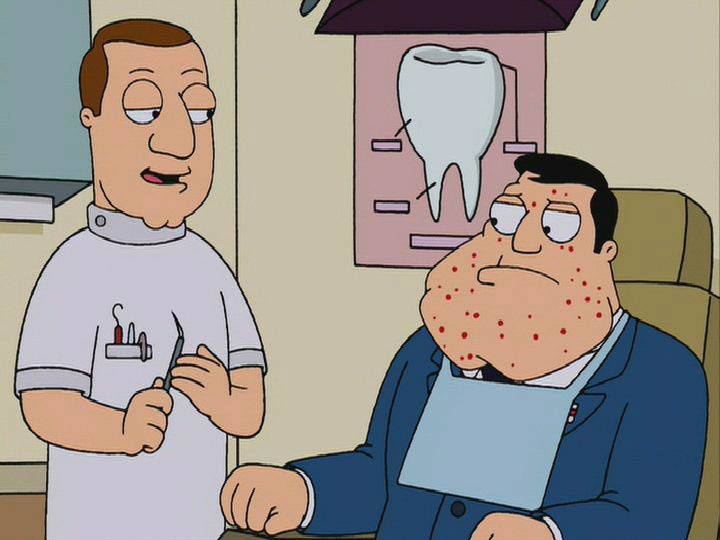
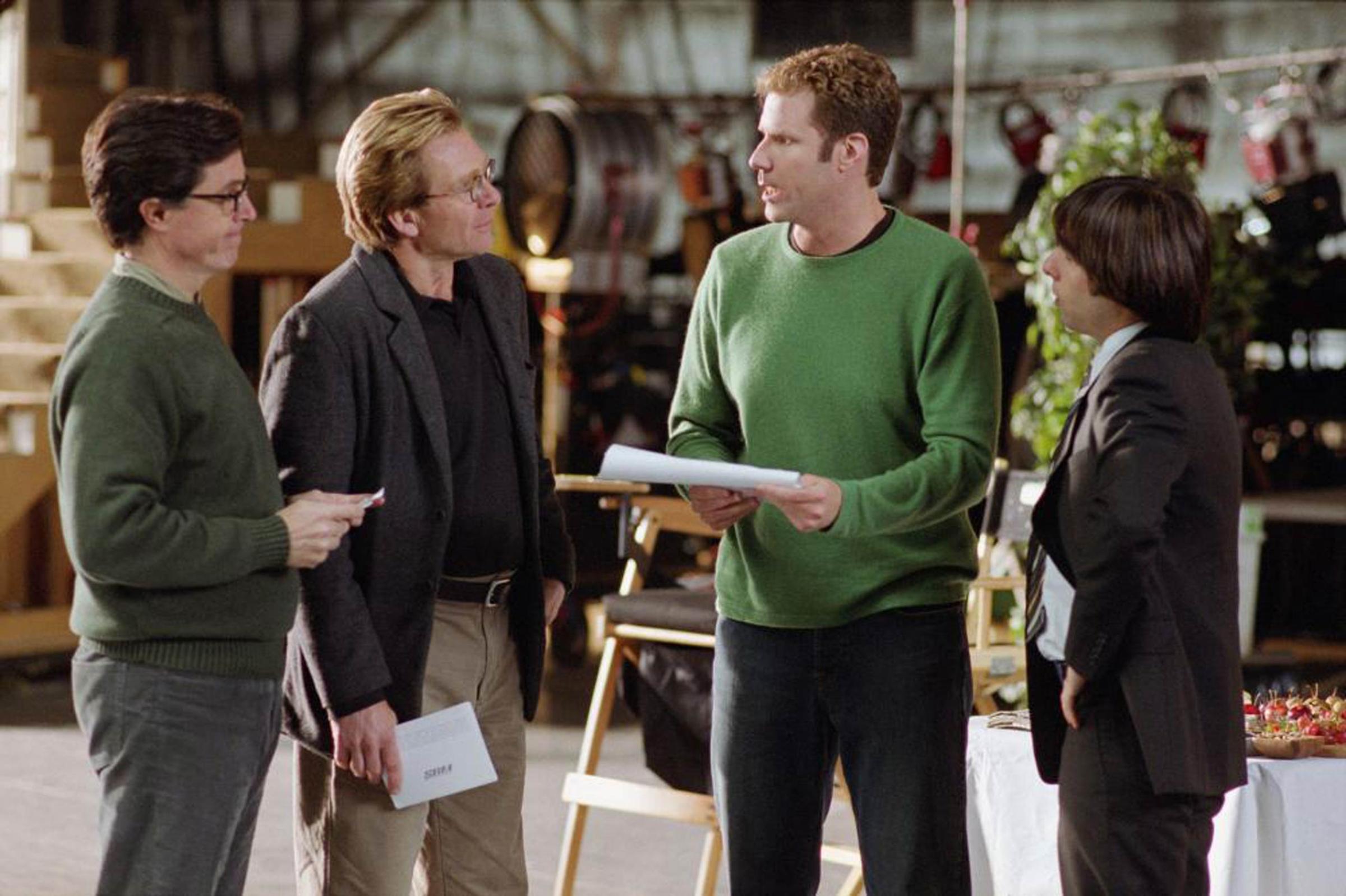
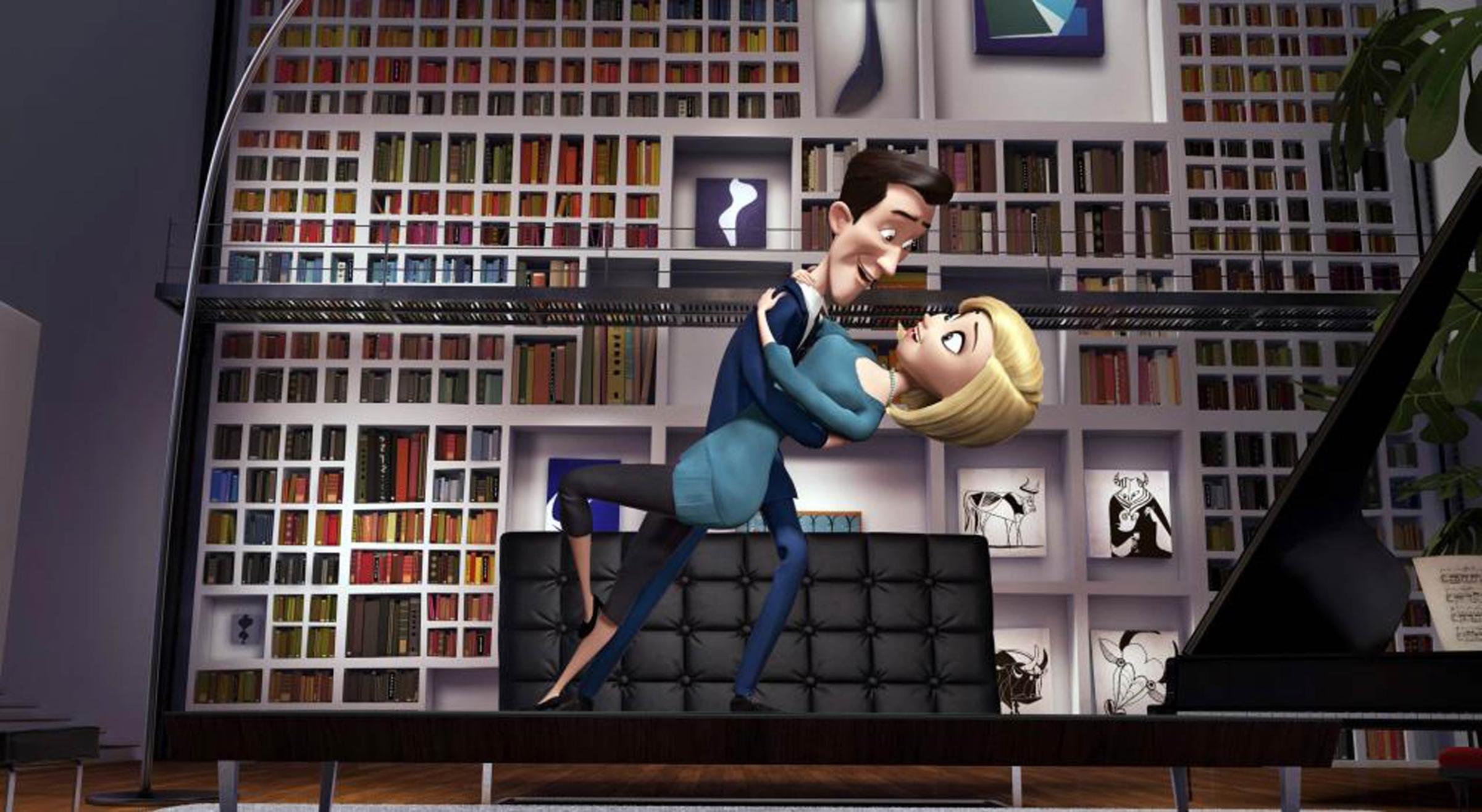
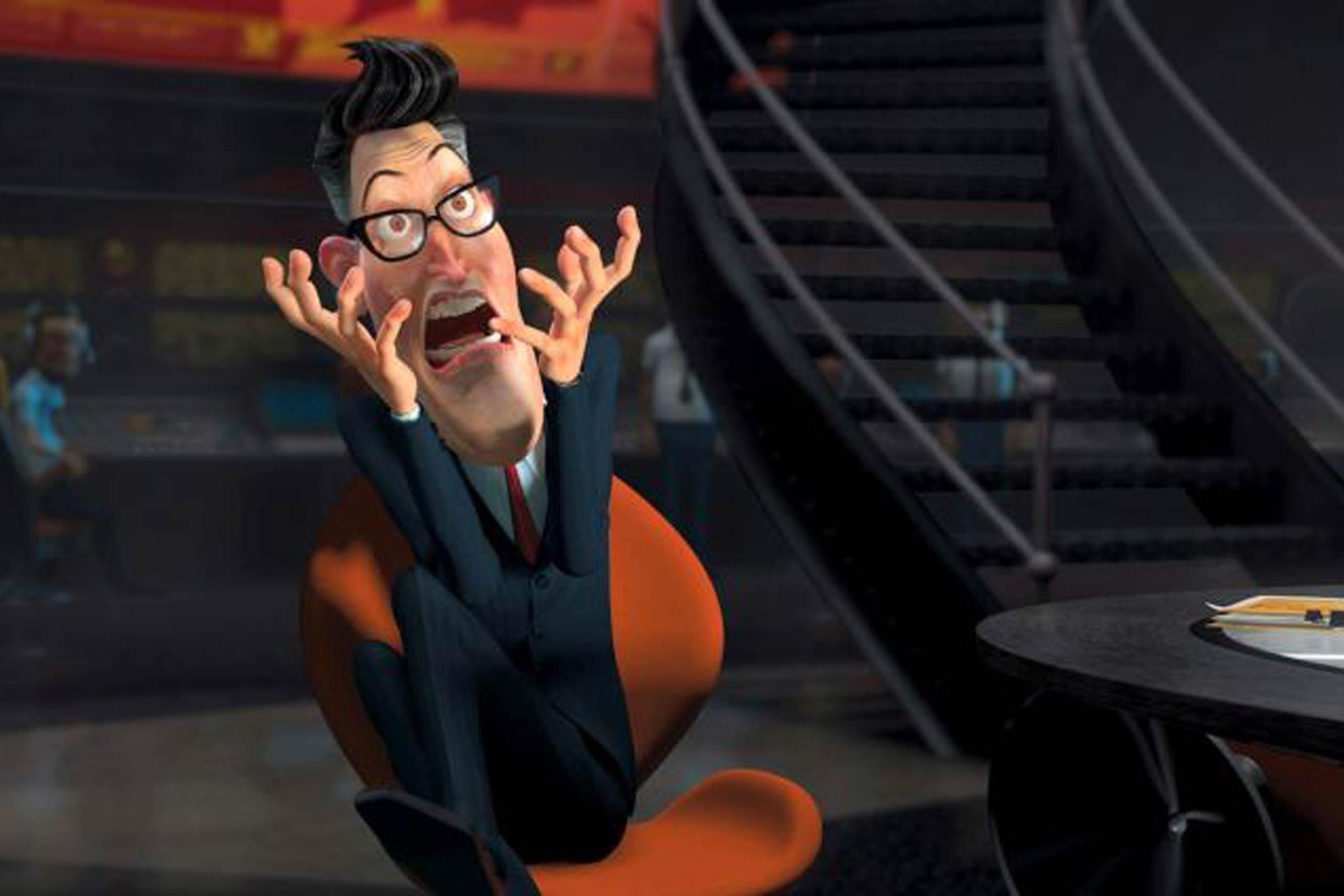
1962: Paar leaves The Jack Paar Tonight Show
Before Paar officially left the show, there was a false alarm: In February of 1960, an NBC censor decided to edit out a bathroom joke before broadcasting one night’s show. Paar, incensed over not having been consulted, surprised his audience and the network by announcing on camera that he had decided to walk off in protest. After about a month without him, Paar made up with the network and returned.
Two years later, when he left for real, the situation was far less dramatic. He was going on to The Jack Paar Program, and the network decided far in advance that a young comedian named Johnny Carson would be a good replacement. Because Carson was already booked up for the summer, a series of guest hosts filled a few months of time between Paar’s departure and Carson’s arrival. Though audiences decided they liked some of the guests— Merv Griffin was a particular favorite—it soon became clear that Carson was worth waiting for. Soon, his ratings were higher than Paar’s had ever been. But the gap was not for nothing. Even though Carson’s show would officially have his name in the title, the time with no official host gave the franchise a nickname that would endure to this day: The Tonight Show.
1992: Carson leaves The Tonight Show Starring Johnny Carson
Thirty years passed at The Tonight Show between Johnny Carson’s arrival on stage and his final words, “I bid you a very heartfelt goodnight.” During that time, he was consistently the most successful host in the format and redefined the very meaning of the late-night show. Because Carson announced his retirement a year in advance, his final season as host was one for revisiting classic characters like Carnac the Magnificent, hosting first-time bucket-list guests like Elizabeth Taylor and making sure favorite guests got one more go-round. As TIME wrote upon the occasion of his departure, “The history of Carson’s years at the Tonight show is, to a large degree, the history of television.”
Johnny Carson was pretty much the definition of a tough act to follow. But Jay Leno clearly wanted to give it a shot nonetheless. Leno had gained notoriety as a frequent guest on Late Night with David Letterman and, as Carson retirement rumors emerged, courted the network. Though at one point Letterman would have been the favorite to replace Carson—and though Carson himself seemed to favor Letterman—the network had its eye on Leno when the time rolled around. Letterman ended up leaving NBC for CBS, setting off a long-term rivalry between the two hosts.
1993: Conan O’Brien takes over Late Night
The Simpsons writer and Harvard grad was a close-to-total unknown when NBC hired him to replace the departing David Letterman, and his ascension was far from a sure thing. O’Brien, who had written for Lorne Michaels on Saturday Night Live, was initially hired as the head writer of Late Night when Michaels took it over; Dana Carvey, SNL’s Church Lady, turned the gig down. Michaels hadn’t considered O’Brien for the on-air role at all until the redhead’s agent, a year younger even than the 30-year-old O’Brien, floated the idea.
NBC executives weren’t happy with the O’Brien pick, but they were out of options—Garry Shandling, a last alternative to the gangly O’Brien, turned down the network’s offer. It was a difficult transition, not least because NBC was incensed over Letterman bringing all of his old tricks to his new show on CBS. In the meantime, O’Brien sought to fine-tune his on camera persona, doing 10 never-broadcast warmup shows before his debut (Leno had only done two to take over from Johnny Carson). Initial reviews were tepid, but O’Brien, through hard work and continued adjustment of his persona, managed to hang on far longer than the other, far-better-known host with a new show that season: Chevy Chase.
1998: Craig Kilborn leaves The Daily Show
Craig Kilborn had been an ESPN anchor before moving to Comedy Central to fill the newsy late-night slot the network had empty after losing Politically Incorrect to ABC. He turned the new show—and its comedy-news genre, which was also pretty much new—into something worth talking about, and one of the network’s best performers. In many ways, Kilborn was the face of Comedy Central.
In fact, he did so well that within a few years he was courted by CBS to take over The Late Late Show. Comedy Central tried to keep him from leaving, going so far as to announce that even if he was no longer on the air he would not be allowed out of the contract that kept him from hosting another show. (As things worked out, Jon Stewart started at The Daily Show in January of 1999 and Kilborn had about three months off before starting at CBS.) The network eventually decided to hire Stewart to take over The Daily Show, which many saw as ironic, since Stewart had been previously talked about to take over The Late Late Show.
1999: Tom Snyder of The Late Late Show gets replaced by Craig Kilborn
Tom Snyder’s Late Late Show was among the most cerebral chat shows in memory: guests included U.S. surgeon general Joycelyn Elders. David Letterman had created the series to follow his own out of admiration for Snyder’s past work interviewing luminaries on the defunct series Tomorrow. But it wasn’t exactly ratings dynamite, and CBS hired Craig Kilborn away from Comedy Central, where he was hosting The Daily Show.
Or it tried to, at least: Comedy Central refused to release Kilborn until they could find a replacement. Reports at the time indicated progress was moving slowly, as the network’s choice turned them down. Jon Stewart eventually changed his mind.
2004: The Late Late Show’s Changing of the Craigs
CBS made a list of finalists public when Craig Kilborn left The Late Late Show: D.L. Hughley, Michael Ian Black, Damien Fahey, and eventual host Craig Ferguson. The list caused a stir at the time for its four Y chromosomes; it seemed as though any man, even if not quite famous or accomplished enough to traditionally be in contention for a late-night gig, was considered before any woman.
Either way, the four men all did test shows, and Ferguson, the least-well-known of the four (his biggest exposure had been a supporting role on The Drew Carey Show), came out on top. He ended up getting strong reviews for a show that, like Snyder’s had been, stood slightly apart from the rest of late night, focusing on spontaneous interviews that resisted talking points (as Ferguson didn’t pre-interview guests).
2009: Jimmy Fallon follows Conan O’Brien’s Late Night act
NBC had a long time to think about who’d be replacing Conan O’Brien in the 12:35 a.m. spot: His ascension to The Tonight Show was announced in 2004 but didn’t take effect until 2009. Fallon, Tina Fey’s co-anchor on Saturday Night Live’s Weekend Update, had been a favorite of Late Night producer Lorne Michaels since then, but he was pursuing a movie career at the time.
Seemingly chastened by his movie career’s failure to launch, Fallon agreed to take on the Late Night role and undertook a “training” period during which he worked on a 50-minute comedy set at colleges and clubs. Ironically, this has come to matter little; Fallon’s standup comedy has been among the least important aspects of his act on Late Night and, later, Tonight, where he relies more on scripted bits and games.
2009: Jay Leno leaves The Tonight Show with Jay Leno
Jay Leno spent 17 years at The Tonight Show, and nearly a third of that time was with his replacement waiting in the wings. It was in 2004, on the show’s 50th anniversary, that NBC announced that Late Night’s Conan O’Brien would take over The Tonight Show when 2009 rolled around. Some speculated that the announcement was designed to keep O’Brien from switching to an earlier time slot at a different network, and Leno himself expressed relief that the long lag would help avoid the tension that had come with his own transition into the Tonight Show seat. When 2009 finally rolled around, Leno—who didn’t always win critics’ favor but kept The Tonight Show popular among many viewers—was given another NBC variety show, The Jay Leno Show, which aired at 10:00 pm.
2010: …and then he comes back
There’s a reason The Jay Leno Show doesn’t have its own item in this list. Ratings were low, and network affiliates were mad about the ad revenue it was costing them. The network tried to just shuffle things around to find a solution, shoving Jay Leno back to 11:35 and moving The Tonight Show to an even later hour, but Tonight Show host Conan O’Brien said he would rather quit than mess with the venerable franchise. Which is what happened, leaving The Tonight Show open for Leno to return. By that fall, O’Brien had gone over to cable to launch his own eponymous show on TBS.
2014: Jay Leno leaves The Tonight Show with Jay Leno, Take Two
This time, it was for real. In early 2013, rumors that Jimmy Fallon was next in line for The Tonight Show began to circulate, to be confirmed that April. Though Leno was still tops in the network late-night ratings game, though not by a huge amount, the landscape for the genre was vastly different than it had been when he started—and accordingly, Fallon’s ascent was a big deal but nowhere near as big a deal as Leno’s had been. Still, he brought a viral-video sensibility, sweet sincerity and social-media smarts to the television institution—and a transition marked by goodwill. Fallon had turned to Leno for advice since getting his start in the talk-show game, so when the latter retired it was easy for the former to step in.
2014: Seth Meyers’s ascension
Meyers was a natural choice to replace Fallon in some ways: He, like Fallon, was an SNL standout and the host of Weekend Update. But his sensibility differed wildly from Fallon’s in manners Meyers made clear from the start. While Fallon is loose and given to wild musical interpretations, pre-show press emphasized just how cerebral and political Meyers was.
The handoff was, contrary to past NBC shakeups, drama-free, as everyone had served their time and no one, at least publicly, seemed to feel they’d gotten a raw deal. Meyers had been on SNL since 2001 and it was time to move on; Fallon had done a five-year tour of duty at Late Night; Jay Leno had gotten the opportunity to do several more years on Tonight than he otherwise might have.
2015: The rise of Corden
Next year, James Corden is to take over The Late Late Show as part of a CBS shake-up that began with David Letterman’s retirement. Almost unknown among U.S. television audiences, Corden has a Tony Award as well as several movie roles (including in the upcoming Into the Woods). It was a sad ending for Ferguson, who would have seemed to be in position to replace Letterman (and reportedly had a clause in his contract guaranteeing him a cash payout if he was not chosen as Letterman’s successor). A little-known Brit with gifts not yet tested by the American talk-show format, Corden presents all the advantages of Ferguson, plus one: He represents a fresh start for the network.
2015: Colbert replaces Letterman
CBS wasted no time dithering over David Letterman’s replacement after the longtime host announced his retirement: A scant week after the Letterman news, CBS announced Comedy Central host Stephen Colbert would be taking over the Late Show seat.
Colbert seemed in many ways like an obvious choice—one of the few people not already hosting a major-network late-night show with the star wattage, the comic talent, and the interest. It was only after his hiring, indeed, that any significant speculation over the choice took place, when Neil Patrick Harris claimed in an interview that he’d been involved in conversations with CBS about the show, but turned it down. Harris hardly seems like a fit, but in some senses he’s better-known than the actual pick.
Colbert has said he’s abandoning his conservative-pundit character for The Late Show, so in a sense he enters as an unknown: Himself.
More Must-Reads from TIME
- Donald Trump Is TIME's 2024 Person of the Year
- Why We Chose Trump as Person of the Year
- Is Intermittent Fasting Good or Bad for You?
- The 100 Must-Read Books of 2024
- The 20 Best Christmas TV Episodes
- Column: If Optimism Feels Ridiculous Now, Try Hope
- The Future of Climate Action Is Trade Policy
- Merle Bombardieri Is Helping People Make the Baby Decision
Write to Lily Rothman at lily.rothman@time.com